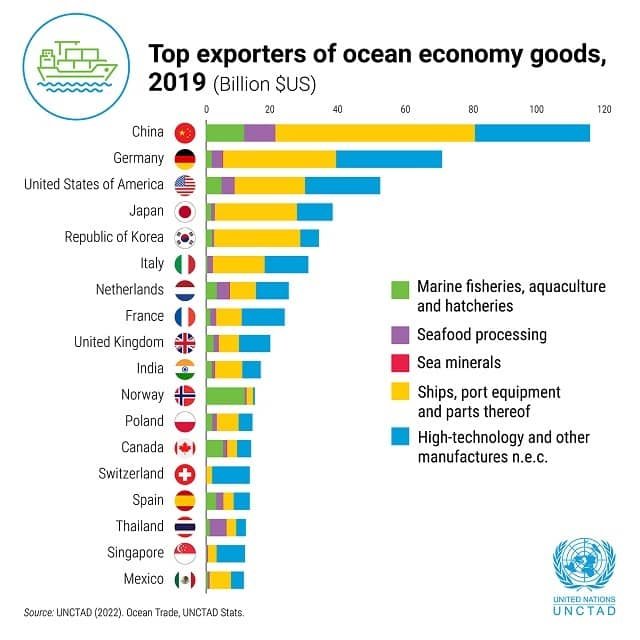Singapore.- Perfluoalkyl substances (PFAS) is shorthand for a group of fluorinated compounds that have been used extensively in household products such as non-stick cookware, stain-resistant carpeting and upholstery. They can also be found in things from clothing to adhesives, and even in some cosmetics. PFAS use is being phased out because they have been shown to target the immune system in humans and rodents. If you check product labels the next time you are shopping, you may see “No-PFOA” or “NO-PFAS.” However, PFAS substances have found their way into our environment and stay there because they are not biodegradable. The effects of PFAS on marine organisms are still not clearly understood.
In a study published in Environmental Toxicology and Chemistry, Changhui Liu and Karina Yew-Hoong Gin of the National University of Singapore hone in on the toxicity of PFAS to marine organisms by studying their effects on the immune systems of green mussels. They found that PFAS can inhibit a mussel’s immune system, and they also were able to identify how it does so – in other words they defined the “modes of action.”
While this may not sound good for mussels, the research also showed that the modes of action are reversible, and that the concentrations of PFAS that contributed to the adverse effects in this study are much higher than those typically observed in the environment. Mussels, and other invertebrates, play an essential role in their ecosystem, and the ocean is the final sink for many pollutants like PFAS, so it is important to monitor regions that may have higher environmental concentrations due to unregulated discharges of these substances.
Reference:
Liu, C. and Gin, K. Y.-H. (2018), Immunotoxicity in green mussels under perfluoroalkyl substance (PFAS) exposure: Reversible response and response model development. Environ Toxicol Chem. doi:10.1002/etc.4060 http://onlinelibrary.wiley.com/doi/10.1002/etc.4060/abstract
Source: SETAC
Editor at the digital magazine AquaHoy. He holds a degree in Aquaculture Biology from the National University of Santa (UNS) and a Master’s degree in Science and Innovation Management from the Polytechnic University of Valencia, with postgraduate diplomas in Business Innovation and Innovation Management. He possesses extensive experience in the aquaculture and fisheries sector, having led the Fisheries Innovation Unit of the National Program for Innovation in Fisheries and Aquaculture (PNIPA). He has served as a senior consultant in technology watch, an innovation project formulator and advisor, and a lecturer at UNS. He is a member of the Peruvian College of Biologists and was recognized by the World Aquaculture Society (WAS) in 2016 for his contribution to aquaculture.







